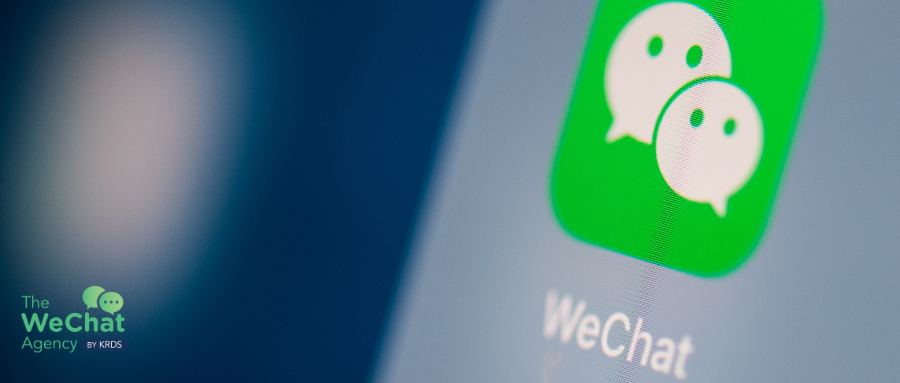1.What to expect from the upcoming Shanghai Fashion Week
- In addition to featuring a wide range of fascinating performances, exhibitions, and forums, Shanghai Fashion Week also highlights Shanghai’s emerging fashion sector.
- The Labelhood incubator has been expanding its global reach and expanding recently. As part of this year’s Chinese New Year activation, the organisation partnered with Harrods in London.
- The prestigious French fashion brand Courrèges and luxury online retailer Mytheresa are teaming up to curate a one-of-a-kind exhibition called “The Legacy & Future of Courrèges: Reimagining Historical Codes.”
- Sustainable fashion practices have received attention during Shanghai Fashion Week in recent years thanks to expert forums and exhibitions.
- With the help of Douyin, SHFW hopes to expand its audience this year by collaborating on digital projects like live broadcasts and digital fashion shows.
Nonetheless, drawing in foreign visitors continues to be a struggle. To ensure the country’s young designers and fashion events reach a worldwide audience, the city must consider encouraging a more tourist-friendly infrastructure and payment system.
Link: https://jingdaily.com/posts/what-to-expect-for-the-upcoming-shanghai-fashion-week
2.Why do young Chinese delight in collecting gold beans?
- The younger generation in China has been displaying an increasing desire for this valuable yellow metal.
- Particularly endorse “gold beans”. The pill-shaped bling costs between 400 and 600 RMB ($62.85 and $94.28) per unit and weighs only about one gramme.
- Online retailers are reporting monthly sales of over 10,000 units, demonstrating how quickly this kind of customer interest developed into a profitable industry.
- The hashtag #GoldBeans has garnered more than 1.36 million views on China’s biggest lifestyle-sharing platform Xiaohongshu. Additionally, the platform has received over 20,000 notes on a variety of subjects. The most popular searches are for advice on how to transform their collected beans into decorative accessories and collection strategy.
- Chow Tai Fook, the industry leader in China, to adapt its traditional offerings to tap into the golden wave. Efforts made by the brand so far include crossovers with youthful brands such as Coca-Cola and Disney.
Link: https://daoinsights.com/news/why-do-young-chinese-delight-in-collecting-gold-beans/
3.Dune’s ‘desert core’ look hits China
- Since the release of the American science fiction films Dune: Part I in 2021 and Dune: Part II earlier this month, desert core has become more and more popular as a fashion trend.
- Ideas for clothing have gained popularity all over the world. Examples include the full body suit from the movie Dune, which is worn in the open desert to retain body moisture, or the clothes worn by desert nomad tribes, which have a futuristic yet desolate look.
- This aesthetic has transcended the confines of the screen, permeating into the real world as a newfound concept eagerly embraced by the fashion, cosmetics, and home furnishing industries.
- Floating and body-contouring hooded dresses, crafted from silky or cotton fabrics and ranging in tones from brown to beige and military green, have emerged as favored styles among Chinese youth embracing the desert-core trend. These outfits are being shown off in deserts and on mountains, with young girls posting Dune-inspired pictures online.
Link: https://jingdaily.com/posts/dune-s-desert-core-look-hits-china
4.Tmall creates a 3D personality test out of Shanghai’s streets
- This month, to create “the world’s first real-life MBTI personality test,” the e-commerce site Tmall deftly blended City Walk with another widely recognised trend on the internet: MBTI personality types.
- Between March 6th to 8th participants could create their own City Walk route by exploring personality-themed checkpoints along Shanghai’s trendy Anfu Road. Each checkpoint corresponds to a different dimension of the MBTI personality test and has several newly launched products from global brands to discover there. Online treats are also available for customers to enjoy. By searching “personality experience centre” on the Taobao app, shoppers can find exclusive discounted goodies tailored to each personality type.
- A total of 38 brands, including the Chinese perfumery Cosmic Speculation and the American beverage container brand Stanley, launched new products as part of the CityWalk + MBTI event. This was in tandem with Tmall Little Black Box, the e-commerce site’s dedicated channel for product debuts, housed within the Taobao shopping app.
Link: https://daoinsights.com/news/tmall-turns-shanghai-streets-into-3d-personality-test/
5.The Trends of China’s Consumer Goods Market in 2024
The general consumer goods market in China will carry on the post-pandemic trend of growth and recovery. While new consumer categories like digital, green, and healthy consumption are emerging, the growth of traditional consumer markets is stabilising.
- The term “dopamine economy” describes consumer goods or behaviours that have the potential to elevate consumers’ emotions. Customers typically want immediate satisfaction over the delayed satisfaction that comes from long-term planning.
- More shrewd spending management: Customers are employing more shrewd tactics to get the best deals on goods and services in addition to saving money.
- GenAI: Consumers are immersed in the convenience and creativity brought by digital technology, enjoying the surprising experience brought by GenAI.
- Consumer doubts about “environmental protection”: They will no longer pay for empty and false promises, purchase so-called “environmentally friendly” products
- Social differentiation affects consumption: Once there is a dispute over the brand’s values, some consumers may choose to boycott the purchase of the brand’s products.
- Health and wellness concepts: It advocates maintaining health through practical and intelligent methods
Link: https://mp.weixin.qq.com/s/Ig8eVv45N6TU3nIrHmTZvA
6.Baidu CEO touts ERNIE chatbot’s classical Chinese language ability, says related tasks would “confuse” GPT
- The Tang dynasty poetry metre was used by Baidu co-founder Robin Li to illustrate ERNIE 4.0’s alleged superiority over OpenAI’s GPT-4 on Chinese language tasks.
- The CEO of Baidu stated in an interview that was aired on Chinese state television last week that the company’s most recent artificial intelligence chatbot demonstrated greater skill when given the assignment of writing poetry in the style of the intricate Qinyuanchun Tang dynasty scheme.
- “If I asked GPT to compose a poem following the Qinyuanchun scheme, the tool would become totally confused,” Li said, “because it lacks the understanding of whether the first sentence should consist of four words or five.”

